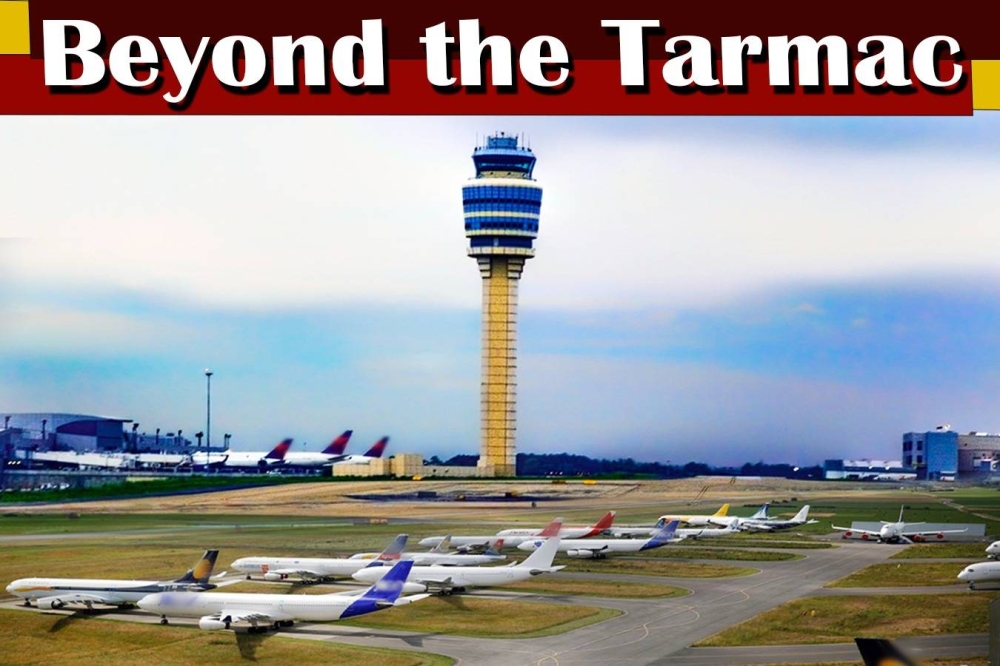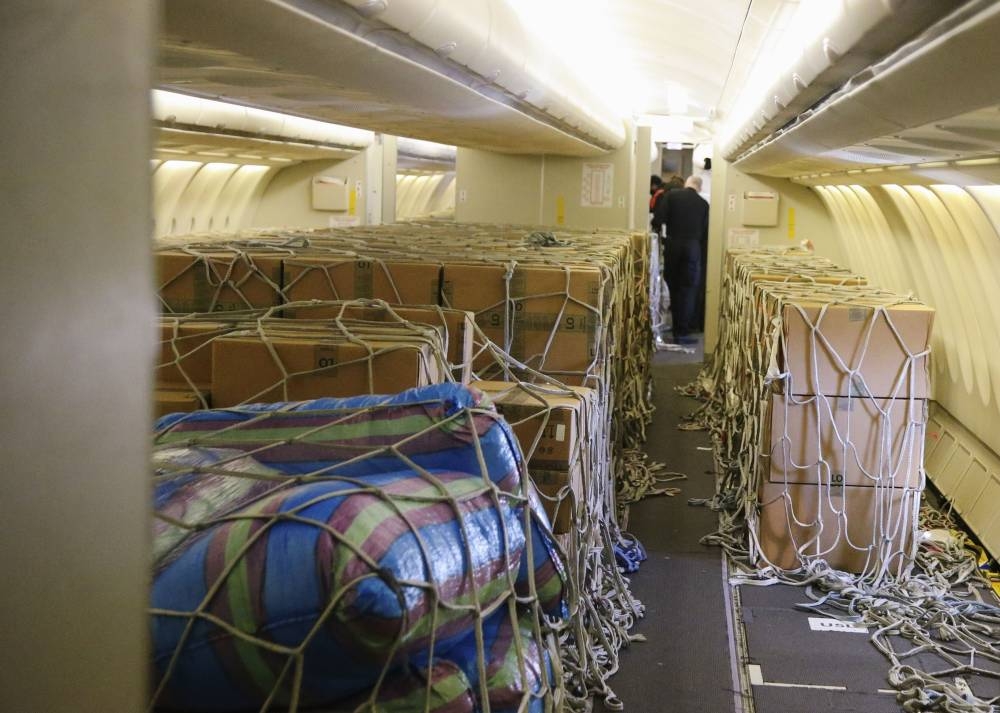
The air cargo industry is a vital component of the global economy, enabling swift and reliable transportation of goods across long distances. It supports various industries, facilitates international trade, and plays a critical role in responding to emergencies and crises.
During natural disasters, conflicts, or other emergencies, air cargo is the quickest way to deliver relief supplies, including food, medical supplies, and equipment, to affected areas.
During the Covid-19 pandemic, when borders were closed, air cargo literally sustained global population.
In the fight against the pandemic, the air cargo segment played a key role by providing the speed, reach, and specialised capabilities needed to ensure that Covid-19 vaccines are rapidly delivered to various parts of the world, including those with challenging logistical conditions.
This global distribution is vital for achieving herd immunity and overcoming the pandemic.
Global demand, measured in cargo tonne-kilometres (CTKs), increased by 1.5% compared to August 2022 levels (1.2% for international operations), according to the global body of airlines – International Air Transport Association (IATA).
Capacity, measured in available cargo tonne-kilometres (ACTKs), was up 12.2% compared to August 2022 (11.8% for international operations). This was largely related to belly capacity, which rose 30% year-on-year as airlines ramped-up operations to meet peak-northern summer travel season demand.
In August, both the manufacturing output Purchasing Managers Index or PMI (49.4) and new export orders PMI (47.0) saw a slight improvement to the previous month.
They remained, however, below the critical threshold represented by the 50 mark, indicating a continuing, if slower, annual decline in global manufacturing production and exports.
Global cross-border trade contracted for the fourth month in a row in July, decreasing 3.2% year-over-year. This reflects the cooling demand environment and general macroeconomic conditions.
Inflation saw a mixed picture in August, with an increase in US consumer prices for the second month in a row, IATA noted. Meanwhile in Europe and Japan, consumer and producer prices fell. In China, which is fighting deflationary pressures, consumer prices rose.
“Air cargo demand grew by 1.5% over the previous August. This is the first year-on-year growth in 19 months, so it is certainly welcome news. But it is off a low 2022 base and market signals are mixed. Looking ahead, while many uncertainties remain, we can take some optimism from PMI data moving towards positive territory. This is particularly significant as we head into air cargo’s traditional peak year-end season,” said IATA’s Director General Willie Walsh.
Undoubtedly, air cargo is one of the fastest modes of transportation. It is particularly important for industries that rely on just-in-time manufacturing and delivery systems, such as automotive and electronics. Perishable goods like fresh produce and pharmaceuticals also benefit from the speed of air transport.
Air cargo connects businesses and markets across the world, enabling international trade. It allows companies to access global markets and customers, thereby promoting economic growth.
Air cargo reaches regions that are difficult to access by other means of transportation, such as remote islands, mountainous areas, and regions with poor infrastructure. This is vital for supplying goods and providing emergency relief.
Freighter is used for high-value goods like electronics, jewellery, and luxury items, as well as for time-sensitive materials like medical supplies and documents. This is due to the secure and swift nature of air transportation.
The growth of e-commerce has significantly increased the demand for air cargo. Online retailers and marketplaces often rely on air transport to meet the fast delivery expectations of customers.
Air cargo is an integral part of many supply chains, especially for industries where just-in-time inventory management is crucial. It helps in reducing inventory carrying costs and streamlining production schedules.
The air cargo industry creates a substantial number of jobs directly in areas such as cargo handling, logistics, and transportation. Additionally, it supports jobs in related industries like manufacturing, retail, and services.
Therefore, the efficiency and reliability of the air cargo industry are essential for the smooth functioning of the modern globalised economy.


